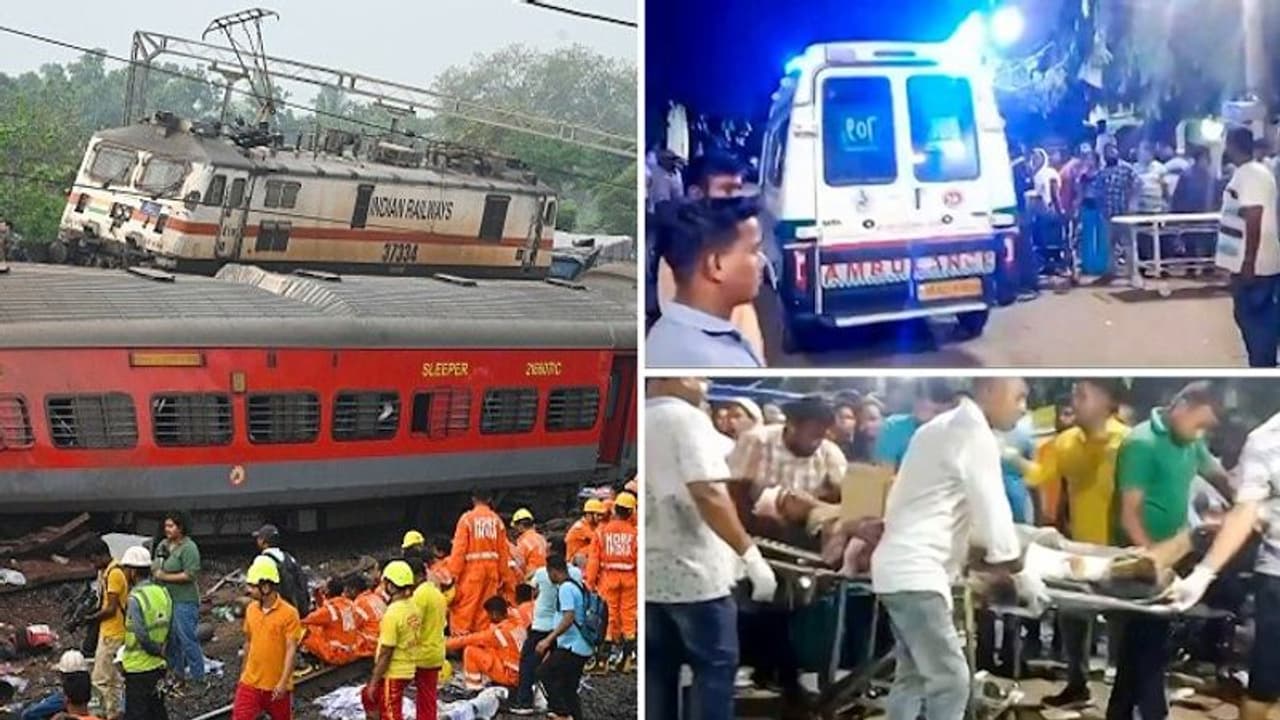At least 261 people have been killed in the crash involving the Bengaluru-Howrah Superfast Express, the Shalimar-Chennai Central Coromandel Express and a goods train.
India has been rocked by the horrifying train disaster that occured on Friday night at Odisha's Balasore. However, one of the nation's deadliest rail accident in more than 20 years brought out the undying spirit among the locals, who wasted no time to save injured passengers. Local residents helped authorities in taking injured passengers to hospitals via ambulances, vehicles as well as tractors, and also queued up to donate blood for those in need.

The collision between the Shalimar-Chennai Central Coromandel Express, the Bengaluru-Howrah Superfast Express, and a cargo train has resulted in at least 261 fatalities and left over 900 injured. Although the cause of the disaster is unknown, reports suggested a potential signalling failure.
Residents of the Bahanaga Bazaar station area in the Balasore district, where the collision occurred, Ranajit Giri, Biprada Bag, Asha Behera, and Ashok Bera were among the first to aid the injured.
Also read: Coromandel Express derailment shocks the nation; distressing visuals narrate the horror
“I was at a nearby tea stall with my friends around 7pm. Suddenly, I heard a loud sound followed by cries of people. We rushed to the spot and were taken aback at what we saw. Without wasting time, we started rescuing the injured. We also informed police and railway officials," Giri told a Bengali news channel.
“We rescued at least 50 injured passengers and used our vehicles to ferry passengers to the local hospital. Some survivors were looking for their near and dear ones, but since it was too dark, we couldn’t help them," Bag told another channel.
A 61-year-old resident, Ashok Bera, went to the hospital to donate blood. “I came here to donate blood but was not allowed because of my age. I then asked my sons and relatives to reach the hospital and donate blood,” he said.
Bera also spoke with survivors and facilitated their phone calls to their family. “Most survivors lost their mobiles and couldn’t speak to their families to inform them about their condition. I helped them as much as I could,” he told a Hindi news channel.
200 ambulances, 50 buses, and 45 mobile health units, in addition to 1,200 employees, were working at the disaster site, according to Bhubaneswar officials. Tractors were among the several types of vehicles used to transport the bodies to the hospitals.
The train crash, the fourth deadliest in India according to available records, happened near the Bahanaga Baazar station in Balasore district, about 250 km south of Kolkata and 170 km north of Bhubaneswar, around 7 pm on Friday, prompting the Railway Ministry to order a probe.
Also read: Odisha train crash one of the deadliest Railway accidents in India
